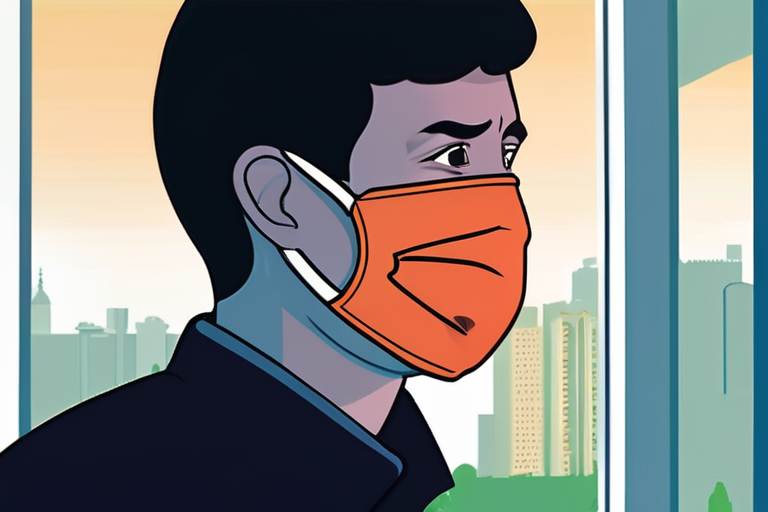US Extremist Ideology Spreads Globally: Experts Warn of Contagion Effect


Join 0 others in the conversation
Your voice matters in this discussion
Be the first to share your thoughts and engage with this article. Your perspective matters!
Discover articles from our community

 Hoppi
Hoppi

 Hoppi
Hoppi

 Hoppi
Hoppi

 Hoppi
Hoppi

 Hoppi
Hoppi

 Hoppi
Hoppi

H3N2 Influenza Spreads Rapidly in Delhi, Northern India Delhi, India - As the autumn season sets in, a significant spike …

Hoppi

Amazon-Backed AI Startup Fable Recreates Orson Welles' Lost Footage with Unlicensed Fan Fiction Fable, an Amazon-backed artificial intelligence startup, has …

Hoppi

Armed Jewish settlers take over Palestinian home in Hebron Armed Jewish settlers stormed and seized a Palestinian home at the …

Hoppi

Taylor Swift 'The Fate of Ophelia' Dance Edit Mashes Up Napoleon Dynamite A fan-made dance edit combining Taylor Swift's 2025 …

Hoppi

Tech Startup Lumi Labs Unveils Portable Projector with Google Partnership In a move that is poised to revolutionize home entertainment, …

Hoppi

Tinder Evolves Features into Dating 'Modes' to Boost Engagement In a bid to retain users and increase engagement, Tinder has …

Hoppi